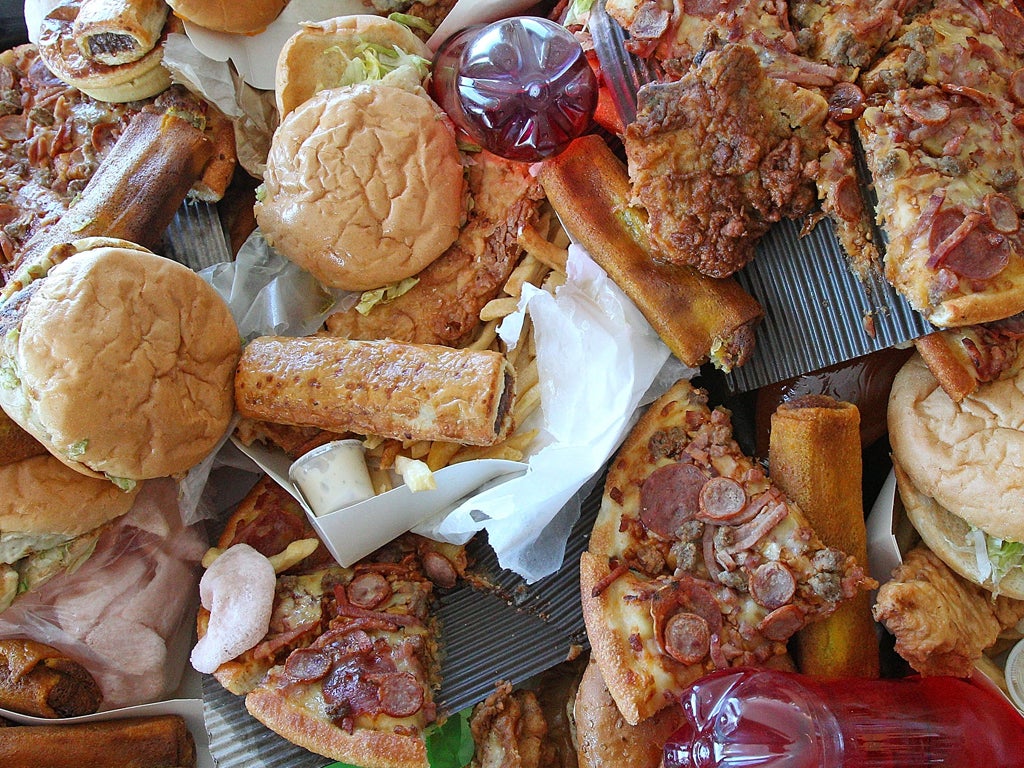Chinese draft law will soon outlaw ‘wasteful’ binge-eating ‘mukbang’ videos
Mukbang videos have become increasingly popular on Chinese social media sites

Your support helps us to tell the story
From reproductive rights to climate change to Big Tech, The Independent is on the ground when the story is developing. Whether it's investigating the financials of Elon Musk's pro-Trump PAC or producing our latest documentary, 'The A Word', which shines a light on the American women fighting for reproductive rights, we know how important it is to parse out the facts from the messaging.
At such a critical moment in US history, we need reporters on the ground. Your donation allows us to keep sending journalists to speak to both sides of the story.
The Independent is trusted by Americans across the entire political spectrum. And unlike many other quality news outlets, we choose not to lock Americans out of our reporting and analysis with paywalls. We believe quality journalism should be available to everyone, paid for by those who can afford it.
Your support makes all the difference.The online trend of mukbang — viral videos in which social media influencers binge eat a large quantity of food while talking to viewers — may soon become illegal in China, according to a new draft legislation against food wastage.
The legislation of the Chinese government criminalises media content that promotes binge eating or food wastage under which influencers can be fined of up to 100,000 yuan (£11,388) and have their business operations suspended if they violate the law, according to the state-run China News Service.
Mukbang videos have been increasingly popular in China and throughout the world. The viral trend originated from South Korea and has created a category of online entertainment for itself on YouTube, Facebook and Chinese social media sites.
On Wednesday, the draft legislation was submitted for the first review by the standing committee of the national people’s congress, the country’s top legislative body, according to the report.
The new law will not be limited to internet videos but also extend to television, radio and catering services. Any content creator who promotes overeating or binge eating will be held responsible and food wastage in real life would invite consequences.
According to the Chinese media, the draft consists of 32 articles, which specify definitions, principles and requirements for anti-food waste, responsibilities of the government and its departments, responsibilities of various entities, regulatory measures, and legal responsibilities.
In August, Xi Jinping called for a “fight against food wastage” amid a looming food crisis in the country. His statement led to speculation that such content may receive heat from the authorities. An industry body for performing arts also demanded a ban on such videos. Several local catering associations in Wuhan created guidelines for the number of dishes that could be served during group meals.
The new legislation will require catering services to discourage customers from ordering huge amounts of food that may lead to wastage. Restaurants may also be asked to offer different portion sizes and are allowed to charge consumers for having to dispose of their leftovers, according to the outlet Sixth Tone that quoted the draft.



Join our commenting forum
Join thought-provoking conversations, follow other Independent readers and see their replies
Comments